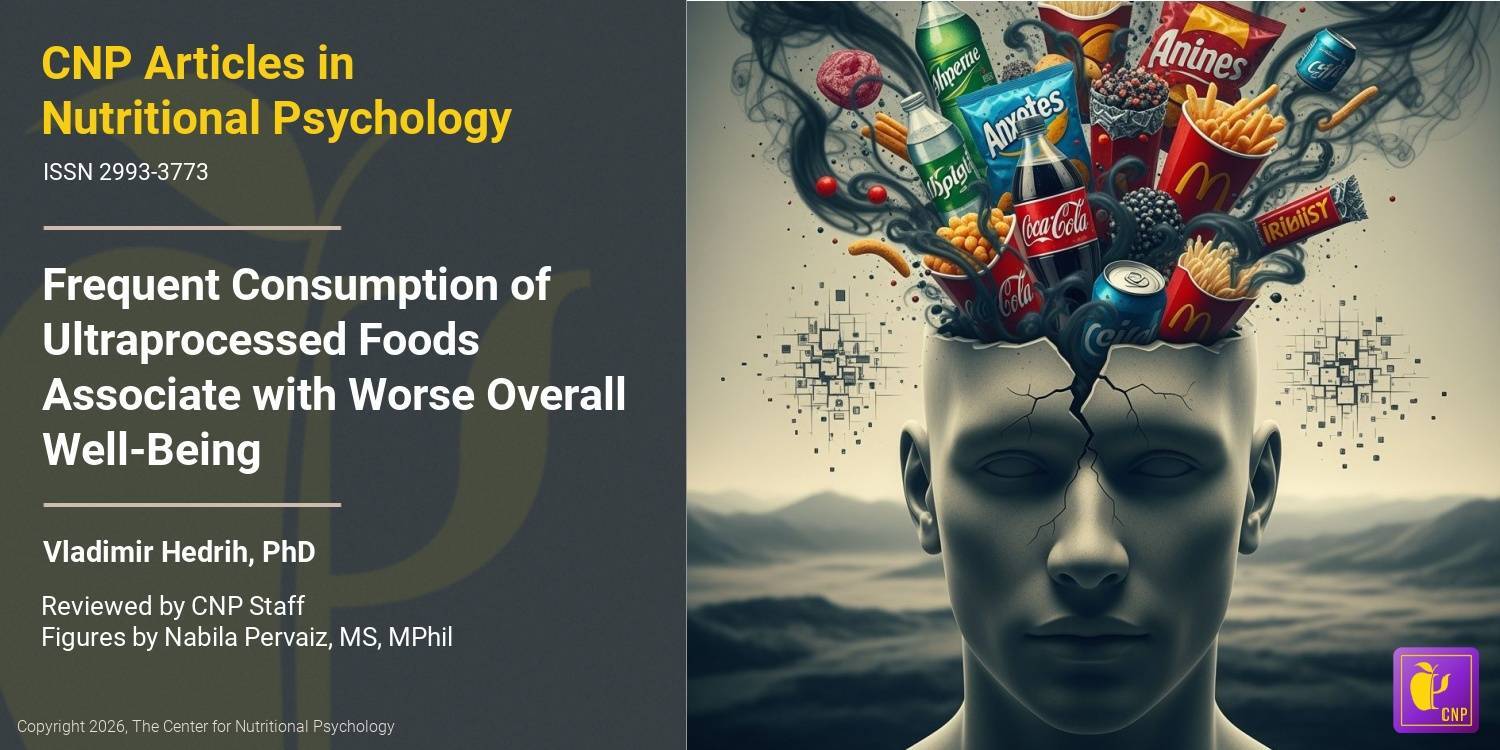Weight gain in Major Depressive Disorder: Linking appetite and disordered eating to leptin and ghrelin
This 2019 study compared the plasma levels of ghrelin and leptin, biometrics, eating behaviours and psychopathology of 60 depressed and 60 control participants to analyze the relationship between hormones, eating behaviours and MDD symptoms. Those individuals with depression were sub-categorized into those with increased and decreased appetite/weight. Eating behaviors were assessed by administering the Dutch Eating Behaviours Questionnaire as well as implementing the Yale Food Addiction Scale. Mills et al. were able to identify several key trends: disordered eating was higher in MDD sufferers and females compared to controls and males respectively, and also in depressed subjects with increased (compared to those with decreased) appetite/weight. With regards to hormones, leptin levels positively correlated with disordered eating while the relationship between disordered eating and ghrelin concentrations was the inverse. Leptin levels were also higher in females than males. Physiological, and not purely psychological factors may play a role in excessive eating. This study backs up past findings reporting high levels of disordered eating in MDD patients, especially in females. [NPID: craving, ghrelin, leptin, biometrics, plasma levels, appetite, disordered eating, eating disorders]
Year: 2019

 Navigation
Navigation






